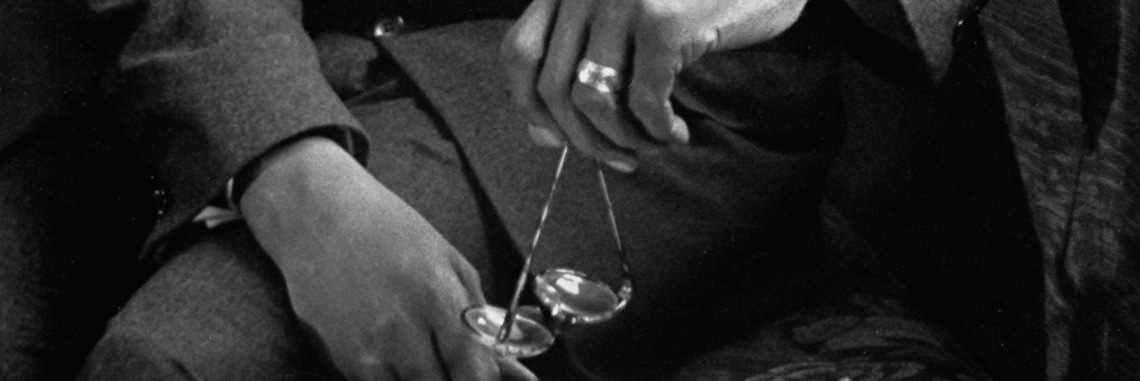
Wisdom
Seven Pathways to Wisdom
Wednesday, February 24, 2021
Wisdom is clearly more than mere intelligence, knowledge of facts, or information. Wisdom is more synthesis than analysis, more paradoxical than linear, more a dance than a march.
In order to grow in wisdom, we need to move beyond cerebral, rational knowing. As wisdom teacher Cynthia Bourgeault puts it: “Wisdom is not knowing more, but knowing with more of you, knowing deeper.” [1] I’ve created a list of seven “ways of knowing” that together can move us toward greater wisdom. Here are the first four:
Intellect: The lens that we most associate with knowing is intellectual knowing. It’s the result of formal education and it has to do with science, reason, logic, and what we call intelligence. Most of us are trained to think that it is the only way of knowing or the superior way of knowing. Yet that isn’t necessarily true. Seeing intellectual intelligence as the best or only way of knowing is actually a great limitation.
Will: The second way of knowing is volitional knowing. It comes from making choices, commitments, and decisions, then sticking with them, and experiencing them at different stages. Anyone who has made and then kept vows knows what I’m talking about. It is a knowing that comes from making choices and the very process of struggling with the choices. This knowing is a kind of cumulative knowing that emerges over time. The Franciscan scholar John Duns Scotus (1266–1308) felt that volitional knowing, or will, was higher and closer to love than intellectual knowing.
Emotion: Great emotions are especially powerful teachers. Love, ecstasy, hatred, jealousy, fear, despair, anguish: each have their lessons. Even anger and rage are great teachers, if we listen to them. They have so much power to reveal our deepest self to ourselves and to others, yet we tend to consider them negatively. I would guess that people die and live much more for emotional knowing than they ever will for intellectual, rational knowing. To taste these emotions is to live in a new reality afterward, with a new ability to connect.
Senses: Bodily or sensory knowing comes through the senses, by touching, moving, smelling, seeing, hearing, breathing, tasting—and especially at a deep or unconscious level. Becoming aware of our senses in a centered way allows us to awaken, to listen, to connect. It allows us to know reality more deeply, on our body’s terms instead of our brain’s terms. It is no surprise that Jesus touched most of the people he healed. Something very different is communicated and known through physical touch, in contrast with what is communicated through mere words.
Tomorrow I will continue to describe three additional ways of knowing that can deepen our ability to know and love the world more fully as Jesus did.
References:
[1] Cynthia Bourgeault, An Introductory Wisdom School: Course Transcript and Companion Guide (Wisdom Way of Knowing: 2017), 2. Please note: Today is the last day to register for Cynthia’s Introductory Wisdom School online course.
Adapted from Richard Rohr, The Wisdom Pattern: Order, Disorder, Reorder (Franciscan Media: 2020), 121–127.
Story from Our Community:
My transformation story has sudden, short bursts of enlightenment and long, slow, gentle awakenings. During my journey I have discovered Thomas Keating, Richard Rohr and Cynthia Bourgeault. I am eternally grateful to these spiritual giants who continue to guide and inspire me. —Jude M.

